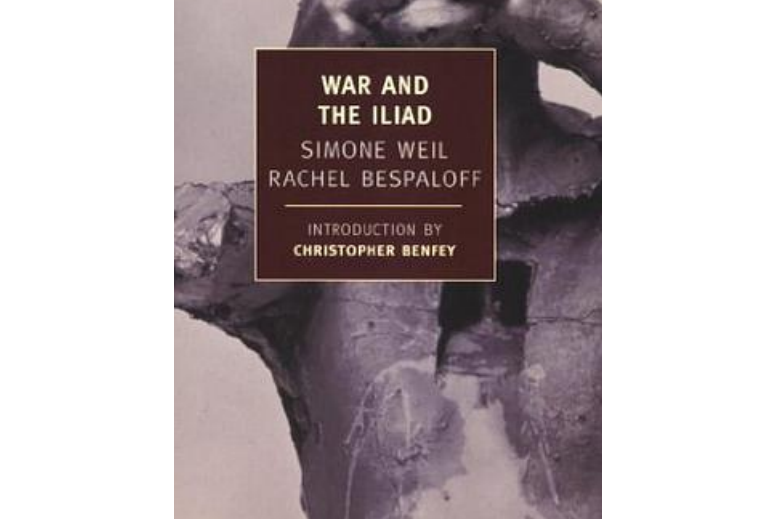媒體推薦
"War and the Iliad joins together for the first time in a single volume Simone Weil’s ferocious lament ('The Iliad or the Poem of Force'), with her less well known contemporary Rachel Bespaloff’s antiphonal meditation on conflict, pacifism and justice. Mary McCarthy was the original translator, and her luminous work is reprinted here."
— Marina Warner, The Times Literary Supplement “Book of the Year”
"The publication of Simone Weil’s essay…[was] an event of great importance to those of us who read it. This is one of the most moving and original literary essays ever written."
— Elizabeth Hardwick
"In the early months of the Second World War two brilliant and despairing French women of Jewish background each wrote an essay on the Iliad. Weil’s 'The Iliad, or The Poem of Force', and Bespaloff’s 'On the Iliad' remain the twentieth century’s most beloved, tortured, and profound responses to the world’s greatest and most disturbing poem. Before the world ended, Mary McCarthy had translated both essays into English, and plans were soon made to publish them together in a book, but to no avail. Here, thanks to NYRB (one of the very few happy innovations in contemporary publishing), the two are finally between the same covers. This is an especially important service for Bespaloff’s essay, which has never been readily available as Weil’s."
— Benjamin Schwarz, The Atlantic Monthly
作者簡介
Simone Weil (1909–1943) was one of the first female graduates of the École Normale Supérieure and taught philosophy in provincial schools from 1931 to 1938. A socialist, she worked for a time on the Renault assembly line and volunteered to fight against the Fascists in the Spanish Civil War. In 1938, a mystical vision led Weil to convert to Roman Catholicism, though she refused the sacrament of baptism. Weil fled France for the United States in 1942, where, in solidarity with the people of Occupied France, she drastically limited her intake of food, so hastening her early death from tuberculosis.
Rachel Bespaloff (1895–1949) was born to a Ukrainian Jewish family—her father was the Zionist theoretician Daniel Pasmanik—and raised in Geneva. Bespaloff intended to pursue a musical career, but after an encounter with the thinker Leo Shestov, she devoted herself to the study of philosophy. One of the first French readers of Heidegger, Bespaloff published essays in the 1930s about Kierkegaard, Gabriel Marcel, André Malraux, and Julien Green, among other philosophers and writers. In 1942, she left France for the United States, where she worked as a scriptwriter for the French Section of the Office of War Information before teaching French literature at Mount Holyoke. In 1949, Rachel Bespaloff committed suicide, leaving a note that said she was “too fatigued to carry on.”
Christopher Benfey is Mellon Professor of English at Mount Holyoke. His latest book, Red Brick, Black Mountain, White Clay, is now out in paperback.
(March 2013)
Hermann Broch (1886-1951) was the author of The Sleepwalkers and The Death of Virgil, among other novels.
Mary McCarthy (1912-1989) was a novelist, essayist, and critic. Her political and social commentary, literary essays, and drama criticism appeared in magazines such as Partisan Review, The New Yorker, Harper’s, and The New York Review of Books, and were collected in On the Contrary (1961), Mary McCarthy’s Theatre Chronicles 1937-1962 (1963), The Writing on the Wall (1970), Ideas and the Novel (1980), and Occasional Prose (1985). Her novels include The Company She Keeps (1942), The Oasis (1949), The Groves of Academe (1952), A Charmed Life (1955), The Group (1963), Birds of America (1971), and Cannibals and Missionaries (1979). She was the author of three works of autobiography, Memories of a Catholic Girlhood (1957), How I Grew (1987), and the unfinished Intellectual Memoirs (1992), and two travel books about Italy, Venice Observed (1956) and The Stones of Florence (1959). Her essays on the Vietnam War were collected in The Seventeenth Degree (1974); her essays on Watergate were collected in The Mask of State (1974).

